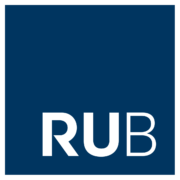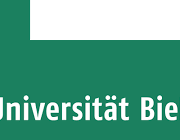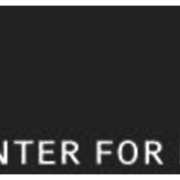Ausschreibungs-ID: 6240
Wir sind eine interdisziplinär ausgerichtete und weltoffene Universität mit aktuell rund 15.000 Studierenden und einem Fächerspektrum von den Geistes-, Sozial- und Wirtschaftswissenschaften bis hin zu Natur-, Ingenieur- und Lebenswissenschaften. Mit über 2.000 Beschäftigten zählen wir zu den größten Arbeitgebern der Region und bieten ein einzigartiges Umfeld für Lehre, Forschung und Weiterbildung.
Wir suchen:
In der Fakultät I – Philosophische Fakultät suchen wir eine/n Wissenschaftliche/n Mitarbeiter/in zum 01.10.2024 zu folgenden Konditionen:
• 50% = 19,92 Stunden
• Entgeltgruppe 13 TV-L
• befristet bis 30.09.2026
Ihre Aufgaben:
• Lehre in allen BA-Studiengängen des Fachs Philosophie in Modulen der Theoretischen Philosophie
• Vorbereitung/Entwicklung eines eigenständigen Forschungsprojekts in Kants Theoretischer Philosophie oder analytischer Zeit-Metaphysik oder Wissenschaftstheorie
• Organisation eines internationalen Workshops zum entsprechenden Thema
• Unterstützung bei der Erstellung eines Drittmittelantrags zur Weiterbeschäftigung
• Lehrverpflichtung: 2 Semesterwochenstunden
Ihr Profil:
• MA-Abschluss (oder vergleichbar) im Fach Philosophie (oder Mathematik/Physik/Biologie)
• Gute Englisch-Kenntnisse
• Teamfähigkeit, kommunikative und organisatorische Fähigkeiten
Unser Angebot:
• Förderung der eigenen wissenschaftlichen oder künstlerischen Qualifizierung nach dem Wissenschaftszeitvertragsgesetz (z.B. Promotion)
• Vielfältige Möglichkeiten, Verantwortung zu übernehmen und einen sichtbaren Beitrag im Umfeld von Forschung und Lehre zu leisten
• Ein modernes Verständnis von Führung und Zusammenarbeit
• Gute Vereinbarkeit von Beruf und Privatleben, beispielsweise durch flexible Ausgestaltung von Arbeitszeit und Arbeitsort sowie Unterstützung bei der Kinderbetreuung
• Umfangreiches Personalentwicklungsprogramm
• Gesundheitsmanagement mit breit gefächertem Präventions- und Beratungsangebot
Wir freuen uns auf Ihre Bewerbung bis zum 03.08.2024.
Bitte bewerben Sie sich ausschließlich über unser Jobportal (https://jobs.uni-siegen.de). Bewerbungen in Papierform oder per E-Mail können wir leider nicht berücksichtigen.
Ihre Ansprechperson:
Prof. Dr. Cord Friebe 0271 / 740 – 4499
cord.friebe@uni-siegen.de
Chancengerechtigkeit und Diversity werden an der Universität Siegen gefördert und gelebt. Die Ausschreibung richtet sich ausdrücklich an Menschen aller Geschlechter (m/w/d); Bewerbungen von Frauen werden gemäß Landesgleichstellungsgesetz besonders berücksichtigt. Gleichermaßen wünschen wir uns Bewerbungen von Personen mit unterschiedlichstem persönlichen, sozialen und kulturellen Hintergrund, Menschen mit Schwerbehinderung und diesen Gleichgestellten.
















